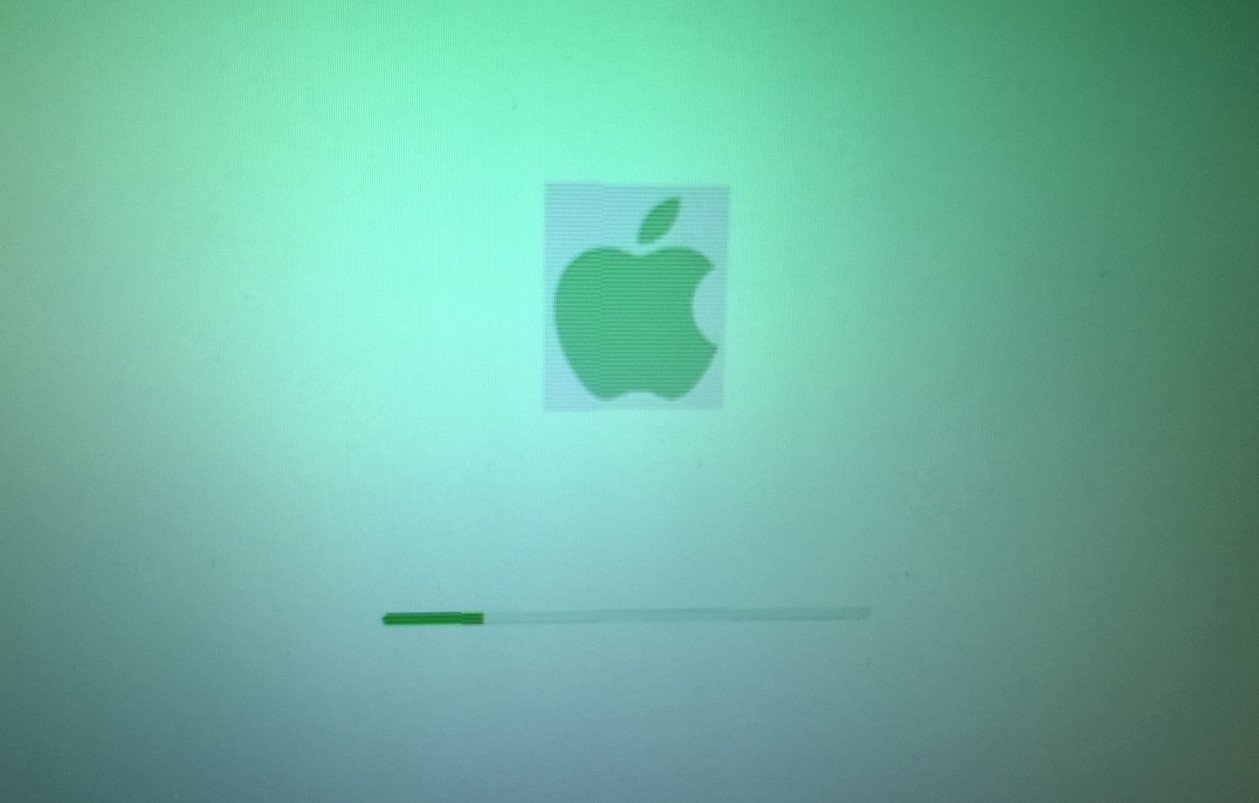News
National Guard Deployed After Cyberattack Cripples City of Saint Paul
Published
1 day agoon
By
Leela SehgalMinnesota Governor Tim Walz has activated the state’s National Guard to support the City of Saint Paul after a major cyberattack disrupted key services and overwhelmed local response capabilities.
The city, home to more than 311,000 residents, continues to reel from the impact of the attack, which has affected digital infrastructure and hampered public access to several municipal services since Friday.
City’s Systems Hit Hard, Emergency Services Still Operational
While emergency services such as police, fire, and EMS remain unaffected, the cyberattack has taken a noticeable toll on the city’s digital backbone.
Saint Paul officials say online payments are currently disabled, and some recreational facilities, including libraries and community centers, are unable to offer full services due to limited system access. A notice on the city’s official website advises residents that delays should be expected.
In a public statement, the city acknowledged the disruption: “While many city services remain available, some may be temporarily delayed or disrupted due to limited system access. We appreciate your patience and understanding as we work to bring systems fully back online.”
The incident began on Friday and continued through the weekend, suggesting a level of persistence and complexity that’s now forcing the city to seek outside help.
Guard Called In After Local Resources Overwhelmed
By Tuesday, it was clear that Saint Paul’s internal response teams and contracted cybersecurity partners couldn’t fully contain the situation.
Governor Walz issued an emergency executive order authorizing the deployment of the Minnesota National Guard’s cyber protection unit, saying the scope of the attack had outpaced both the city’s and private sector’s response capabilities.
In a portion of the order, city officials explained:
“St. Paul officials have been working around the clock since discovering the cyberattack, closely coordinating with Minnesota Information Technology Services and an external cybersecurity vendor. Unfortunately, the scale and complexity of this incident exceeded both internal and commercial response capabilities.”
The order emphasized that the Guard’s involvement is critical to ensuring vital municipal operations continue without serious disruption.
Timeline of the Attack So Far
The attack is believed to have started sometime early Friday morning. It took down access to key city systems, affecting operations by mid-day.
Since then, the situation has unfolded as follows:
Friday: City detects cybersecurity incident; systems begin showing signs of compromise.
Saturday–Sunday: Disruptions continue. Emergency services remain operational but other digital services degrade.
Monday: External cybersecurity experts and state IT officials assist with incident response.
Tuesday: City formally requests cyber support from the Minnesota National Guard. Governor Walz activates the Guard.
While city hall has not yet confirmed who may be behind the attack, officials have described the event as “highly sophisticated.”
What Services Are Down Right Now?
Not everything is offline—but there are noticeable disruptions that residents are feeling. According to Saint Paul’s emergency update, these are the current known impacts:
Online payments through the city’s official portal are unavailable.
Library systems are partially disrupted, affecting checkouts, Wi-Fi, and online catalogs.
Recreation centers may be closed or operating with reduced services.
Certain permit applications and city forms are not accessible online.
Despite the issues, 911 and other emergency dispatch systems remain fully functional.
“We’ve prioritized ensuring public safety infrastructure remains untouched,” a city spokesperson confirmed.
National Guard’s Cyber Unit—Who Are They?
Minnesota is one of several states with a dedicated cyber protection team within its National Guard unit. These specialists aren’t weekend warriors—they’re trained in network defense, cyber forensics, and emergency response for critical infrastructure.
The cyber team will now work directly with local and federal partners to assess the full scope of the intrusion, lock out any remaining threats, and rebuild compromised systems.
Governor Walz said in a statement Tuesday, “The Minnesota National Guard’s cyber forces will collaborate with city, state, and federal officials to resolve the situation and mitigate lasting impacts.”
The Guard’s deployment comes amid rising concern about ransomware and state-sponsored cyber threats targeting municipalities nationwide.
A City on Alert, But Still Running
Residents have taken to social media to express confusion, frustration, and in some cases, fear. For many, the concern isn’t just about library access—it’s about whether private information has been compromised.
City officials have not confirmed whether personal data was exposed, but investigations are ongoing.
Meanwhile, services that rely heavily on IT systems are working off backup methods. Staff at community centers have reverted to paper records. Payments are being taken in-person where possible.
At least one city council member called the attack a “wake-up call” for Saint Paul and other municipalities operating with outdated digital infrastructure.
A source close to the city’s IT department said bluntly, “We were not prepared for something this sophisticated.”
Leela Sehgal is an Indian author who works at ketion.com. She writes short and meaningful articles on various topics, such as culture, politics, health, and more. She is also a feminist who explores the issues of identity and empowerment in her works. She is a talented and versatile writer who delivers quality and diverse content to her readers.

You may like

AST SpaceMobile Rockets 330% in a Year — But Can It Keep Soaring?

Katy Perry and Justin Trudeau Spark Romance Buzz After Montreal Concert Sighting

National Guard Deployed After Cyberattack Cripples City of Saint Paul

Can USDC Catch Tether? The $100 Billion Race in Stablecoins Is Heating Up

Lovense Users at Risk as Email Leak Vulnerability Remains Unpatched

Texas Bets on Bitcoin: Lone Star State Launches Strategic Reserve With Taxpayer Funds

Ether’s Second Wind: Why Ethereum’s Native Token Still Has Serious Upside

‘Ghost Town’ Breaks Free from Meta Quest Shackles, Arrives on Steam VR Next Week

Apple Challenges €500M EU Fine Over App Store Practices in Escalating Legal Fight





